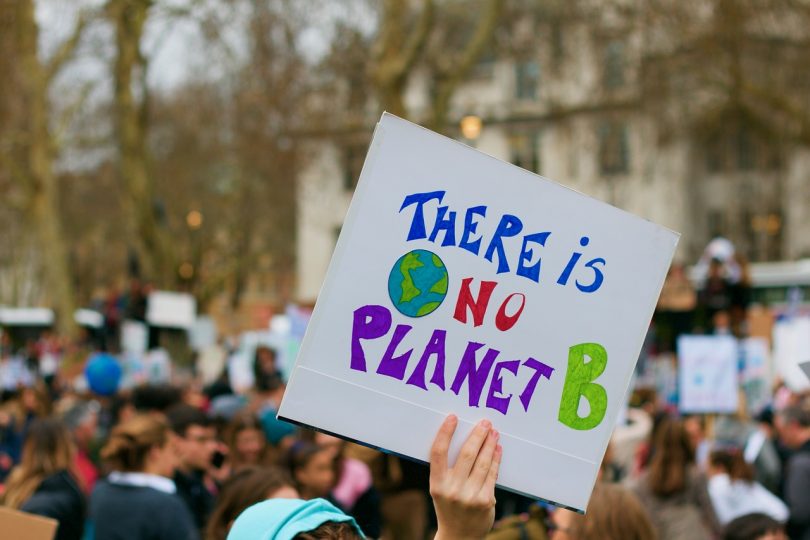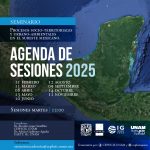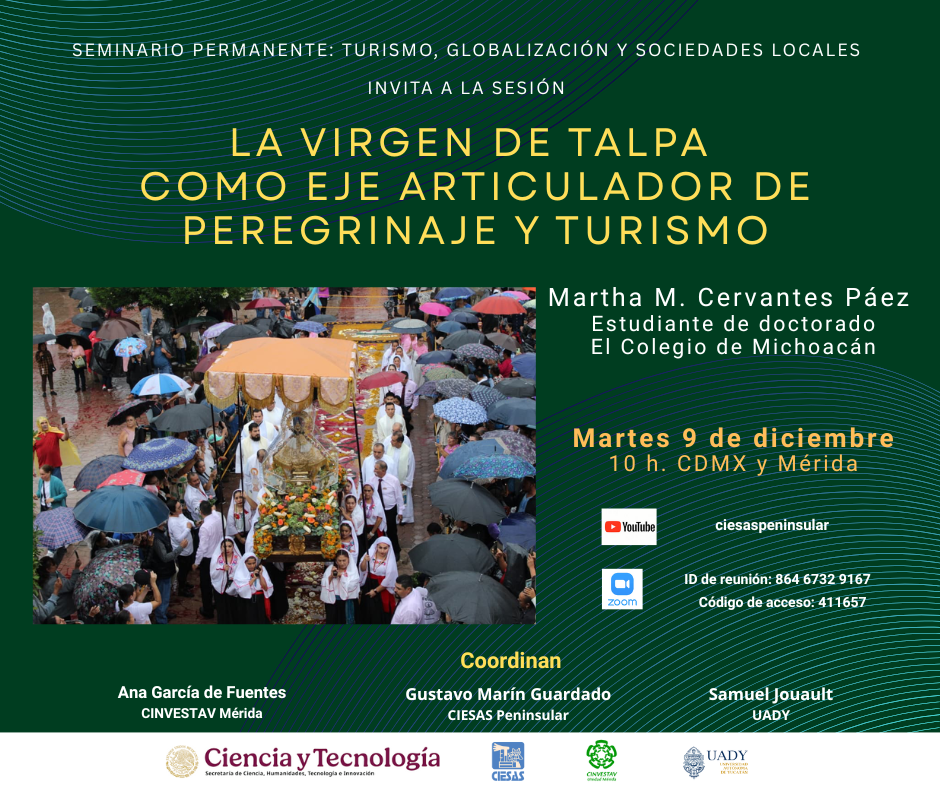The ‘New’ Climate Activism
The ‘New’ Climate Activism: Contemporary Trajectories and Political Consequences
at the ECPR Joint Sessions 2021, which will be a hybrid online/offline event taking place at Charles University, Prague, from 25 to 28 May 2021
Abstract
Since late 2018, a global wave of mobilization under the banners of Fridays For Future (FFF) and Extinction Rebellion (XR) has injected new energy into global climate politics. FFF and XR took the world by storm, but have now been forced into (partial) latency as a result of Covid-19. We believe this moment presents an opportunity for reflection. In particular, FFF, XR and other recent campaigns like the Sunrise Movement have been depicted as ‘new’ forms of climate activism. However, this presumed newness calls for closer investigation. This workshop will therefore reflect on the distinctiveness and effects of the ‘new climate activism’ as compared to previous climate campaigns. Does it bring new or similar constituencies to the streets? How new are its tactics? Is it driven by new goals and ideas? And are the political consequences of this mobilization different from prior climate movement achievements? Despite significant interest in political activism and environmental politics, ECPR Joint Sessions have yet to focus specifically on climate activism. By filling that gap, the workshop expands on previous research on climate movement participation, strategies, goals and consequences. Regarding participation, previous research shows that climate activism is biased towards privileged social strata (Rootes & Brulle 2013). How can the new climate activism introduce more equality? Regarding strategy, previous research reveals the dilemmas climate activists often face, such as that spaces that are good for mobilizing (e.g., climate summits) have limited opportunities to exert influence (de Moor 2018). How can the new climate activism overcome such dilemmas? Regarding goals, prior research has discussed tensions between climate justice and less political framings (Wahlström et al. 2013). How do these tensions play out in the new climate activism? Regarding political outcomes, previous research demonstrates that while climate movements have successfully raised public concern, the gap between climate scientists’ advice and government action remains substantial (Rootes & Nulman 2015). How can the new climate activism help bridge that gap? While based in the political sociology of climate activism, this workshop explicitly aims to reach beyond social movement studies by inviting those with a broader interest in environmental politics to discuss how climate politics more generally have led to, and are affected by, the new climate activism. Here, contributions from e.g. scholars working on political parties and public opinion are particularly welcome. Moreover, the workshop invites discussions of parallel processes that should potentially be understood in conjunction with current changes in climate activism. For instance, discussions on the role of climate science and alternative ways of knowing continue to be relevant in the new climate activism. How do these debates relate to struggles around power and knowledge in climate politics more generally? Furthermore, by acknowledging that climate change can be seen as part of a more general ecological crisis, we welcome contributions on broader environmental mobilization as well, if they speak to the question of a ‘new’ green movement. Finally, while the workshop focuses on a clear empirical phenomenon, we welcome strong theoretical contributions as well.
The deadline for submitting papers is 8 February, to be submitted through the ECPR website (you will need a ‘My ECPR’ account to register, but this is free to all).
General information about the Joint Sessions can be found here.
Te puede interesar
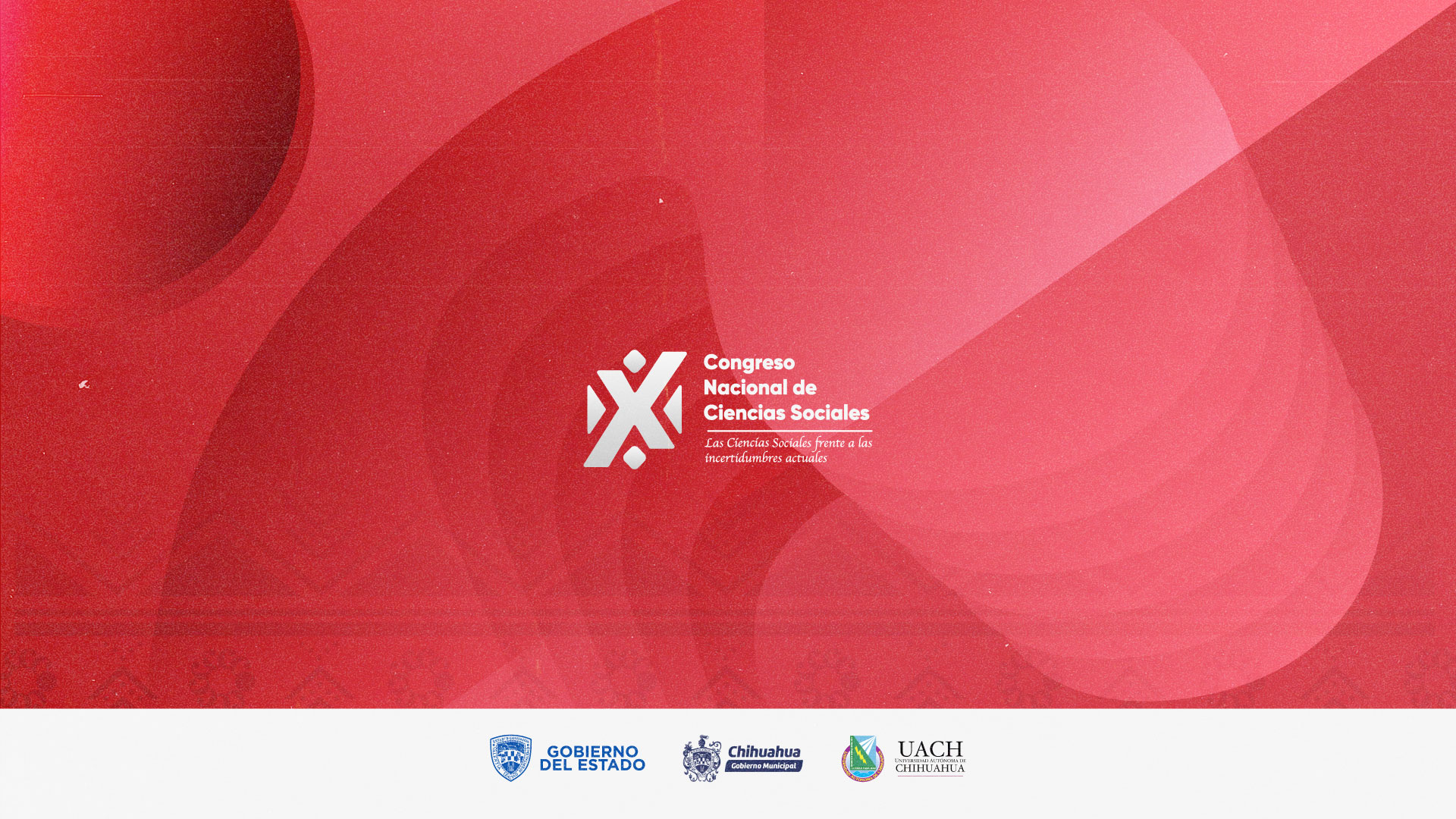
Convocatoria para presentación de libros
Laura Gutiérrez - Dic 10, 2025FERIA DEL LIBRO X CONGRESO NACIONAL DE CIENCIAS SOCIALES “Las Ciencias Sociales frente a las incertidumbres actuales” INVITACIÓN PRESENTACIÓN DE…

Convocatoria Feria del libro
Laura Gutiérrez - Dic 03, 2025FERIA DEL LIBRO X CONGRESO NACIONAL DE CIENCIAS SOCIALES “Las Ciencias Sociales frente a las incertidumbres actuales” INVITACIÓN Información general…

Memorias del IX Congreso Nacional de Ciencias Sociales
Roberto Holguín Carrillo - Jul 02, 2025IX Congreso Nacional de Ciencias Sociales Las ciencias sociales y los retos para la democracia mexicana. Realizado en el Instituto…
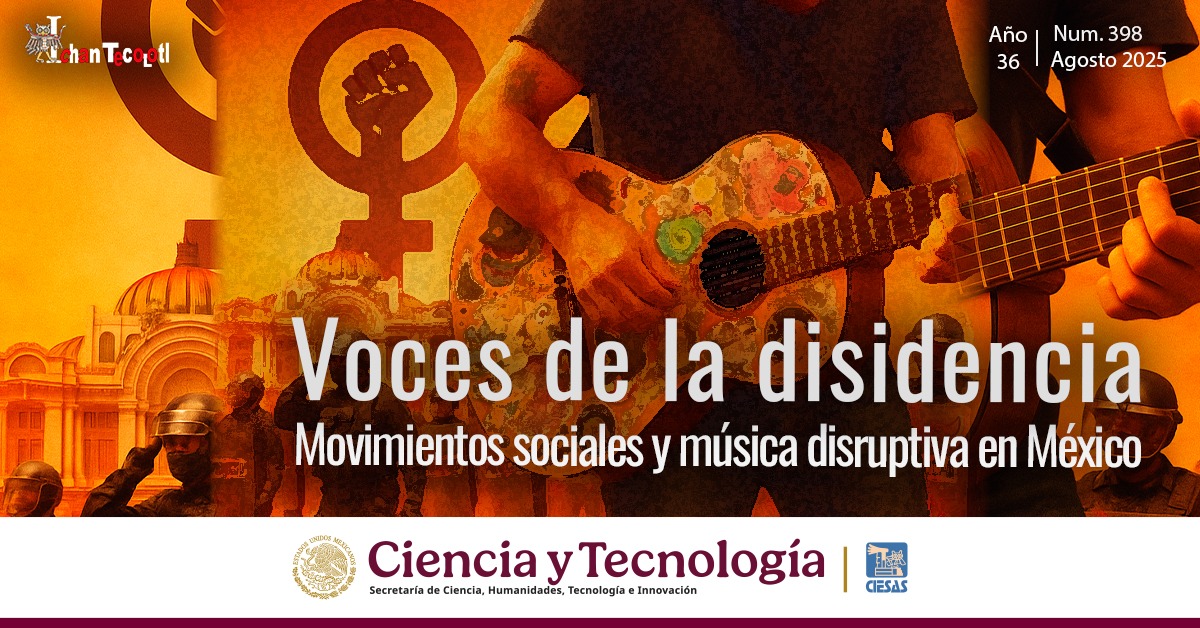
Ichan Tecolotl, núm. 398
Laura Gutiérrez - Dic 10, 2025Ichan Tecolotl Año 36, Número 398 (agosto 2025) Voces de la disidencia. Movimientos sociales y música disruptiva en México Ver…

Curso Introducción al video etnográfico
Laura Gutiérrez - Dic 10, 2025Curso Introducción al video etnográfico 1. Objetivo Familiarizar a estudiantes o profesionales de la antropología y disciplinas afines con herramientas…
